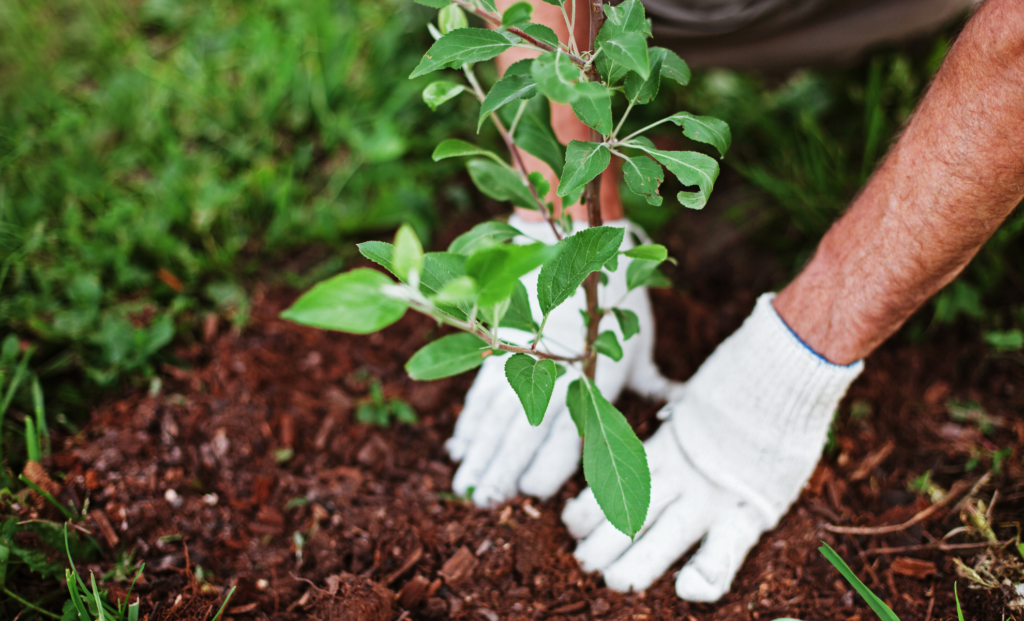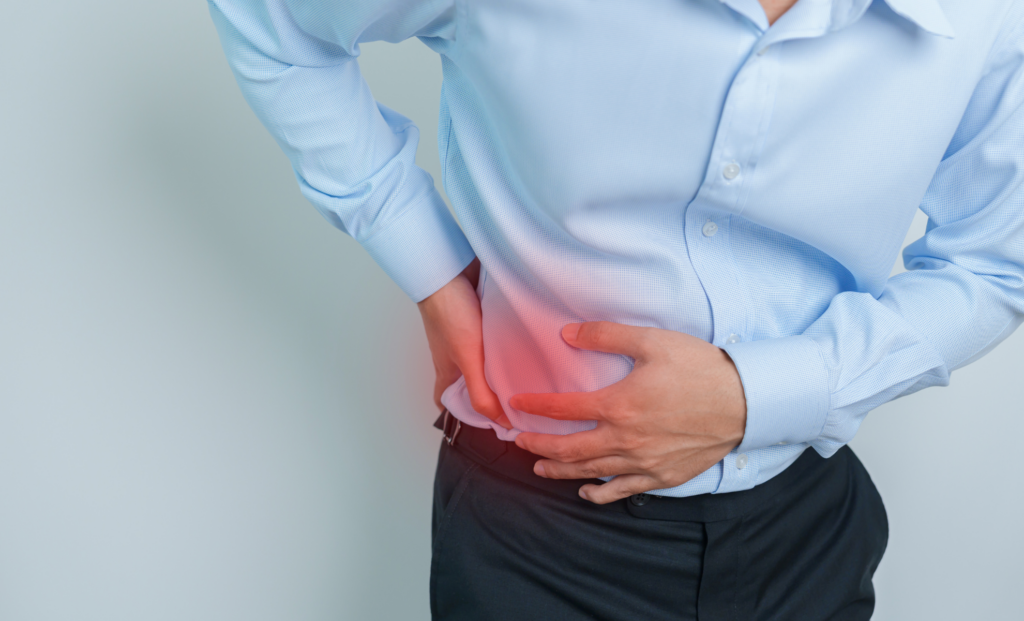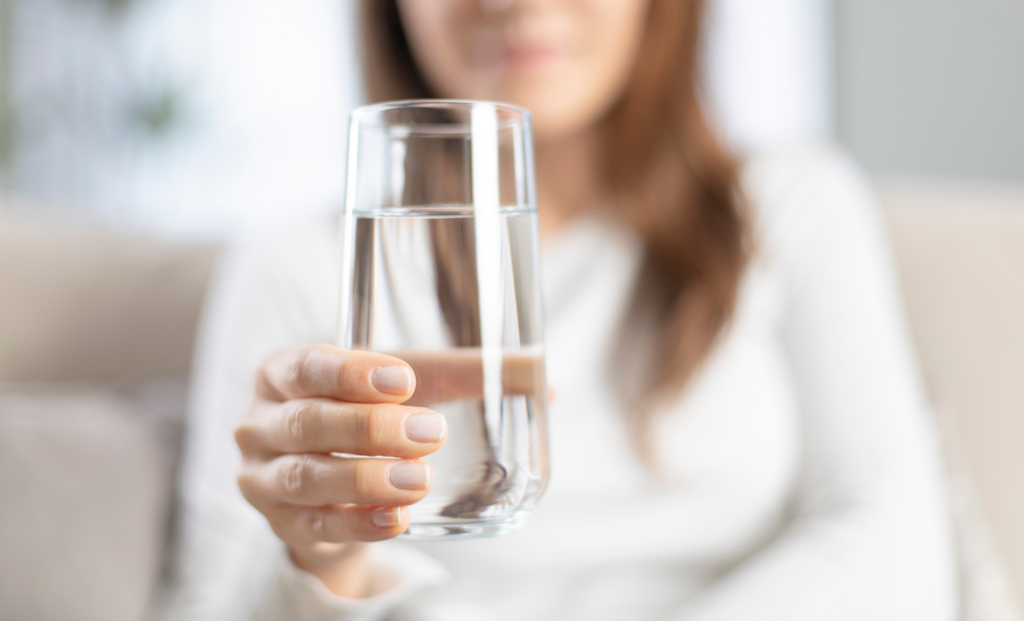As spring unfolds and summer approaches in North Iowa, many of us are eager to spend more time outdoors—whether it’s farming, gardening, running, or simply enjoying the fresh air. But with warmer weather comes a hidden health risk that too many people overlook: dehydration.

At Mason City Clinic, our urology specialists want you to know that dehydration isn’t just about feeling thirsty—it can also lead to painful and potentially serious conditions, including kidney stones. In fact, kidney stone cases typically spike during the late spring and summer months across the Midwest.
Here’s what you need to know about the link between dehydration and kidney stones—and how you can stay safe as the temperature rises.
Kidney stones are hard, mineral-based deposits that form in your kidneys. They develop when your urine becomes concentrated with minerals like calcium, oxalate, and uric acid. Instead of staying dissolved, these minerals stick together and form tiny crystals. Over time, the crystals can grow larger and cause painful blockages as they move through your urinary tract.
Kidney stones can range in size from a grain of sand to a golf ball—and while some can pass on their own, others require medical treatment.

The connection between dehydration and kidney stones is simple: less water = more concentrated urine.
When you’re dehydrated, your urine becomes more concentrated with minerals and other waste products. This environment makes it much easier for stones to form. In the spring and summer, when temperatures rise and we lose more fluids through sweat, dehydration can sneak up quickly—especially if you’re working outdoors, exercising, or simply not drinking enough water throughout the day.
According to the National Kidney Foundation, adequate hydration is the single most important thing you can do to prevent kidney stones.
While anyone can develop kidney stones, certain groups are at higher risk, especially during the warmer months:
If you fit into one of these categories, it’s especially important to take preventive steps now—before the summer heat peaks.
General guidelines suggest drinking 8–10 glasses of water per day, but your individual needs may be higher in hot weather or with increased activity.
A good rule of thumb:
Don’t wait until you’re thirsty—by then, you’re already on your way to dehydration.

In addition to staying well-hydrated, here are other important steps you can take to minimize your risk:
1. Watch Your Diet
2. Maintain a Healthy Weight
Obesity is linked to an increased risk of kidney stones. Spring is a great time to adopt healthier eating habits and incorporate more movement into your day.
3. Don’t Ignore Symptoms
If you notice any signs of a possible kidney stone—especially sharp back pain or blood in your urine—seek medical attention right away. Early intervention can prevent complications.
4. Protect Your Kidneys During Outdoor Activities
Whether you’re out in the fields or training for a summer race, remember to:
At Mason City Clinic, our experienced urologists specialize in diagnosing and treating kidney stones. Depending on the size, type, and location of your stone, treatment options may include:
We also offer personalized counseling to help you prevent future stones—because once you’ve had one, you’ll want to do everything possible to avoid another.
If you’re experiencing kidney stone symptoms—or simply want to discuss your risk factors—don’t hesitate to contact our urology department today. Early detection and smart prevention can make all the difference!
As you enjoy the beautiful weather in North Iowa this time of year, make hydration a priority. Your kidneys will thank you!
To schedule a consultation with a urology specialist at Mason City Clinic, call us today at 641-494-5280 or request an appointment online.
Let’s make this season one of health, energy, and freedom from kidney stones!
Up-to-date. Down-to-earth. Close to home. Lots of great reasons to make Mason City Clinic
your first choice for all your family’s specialty healthcare needs.
250 S. Crescent Drive, Mason City, IA 50401
Tel: 641.494.5200
Toll Free: 800-622-1411
Fax: 641.494.5403